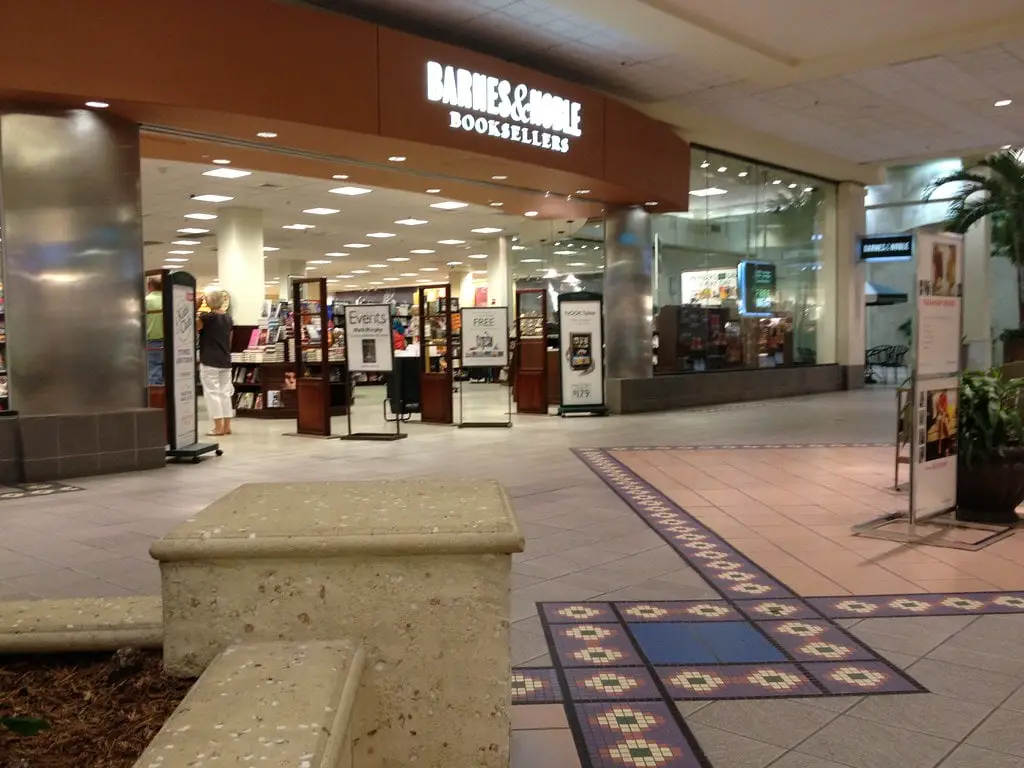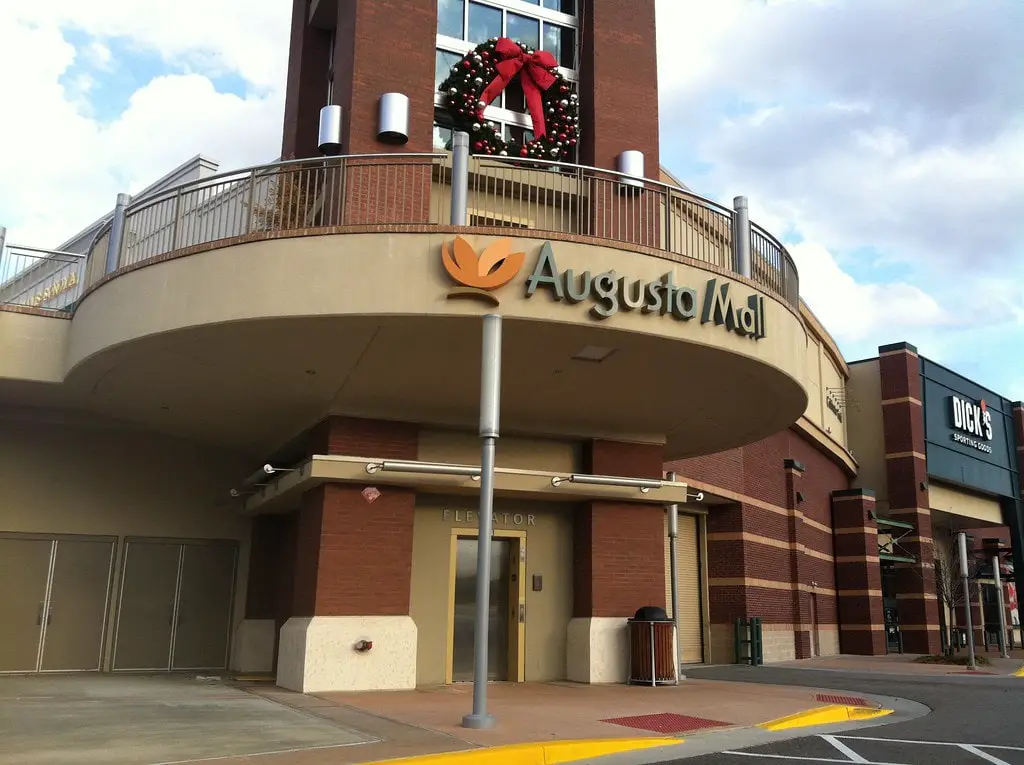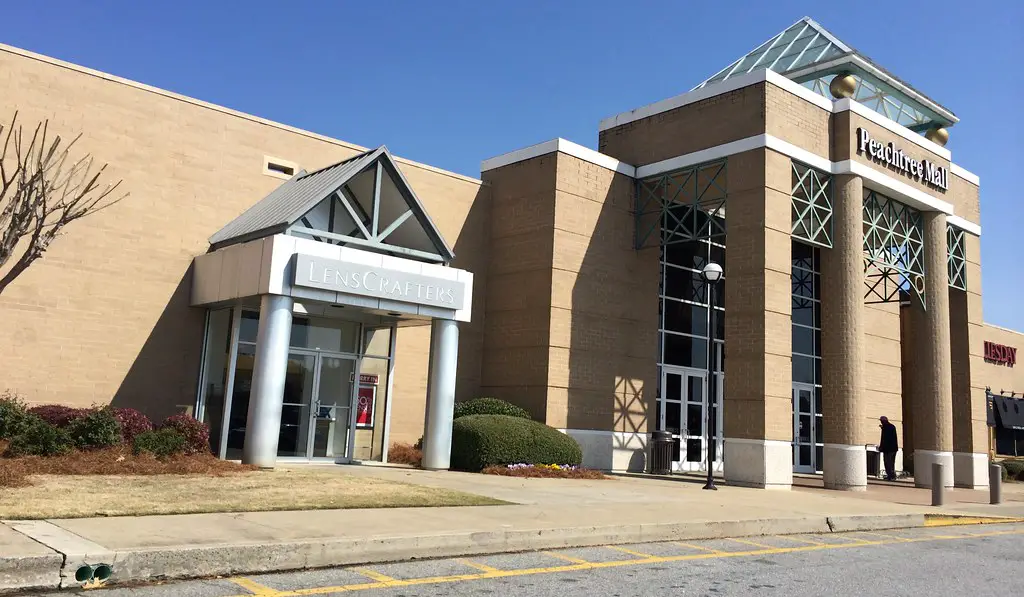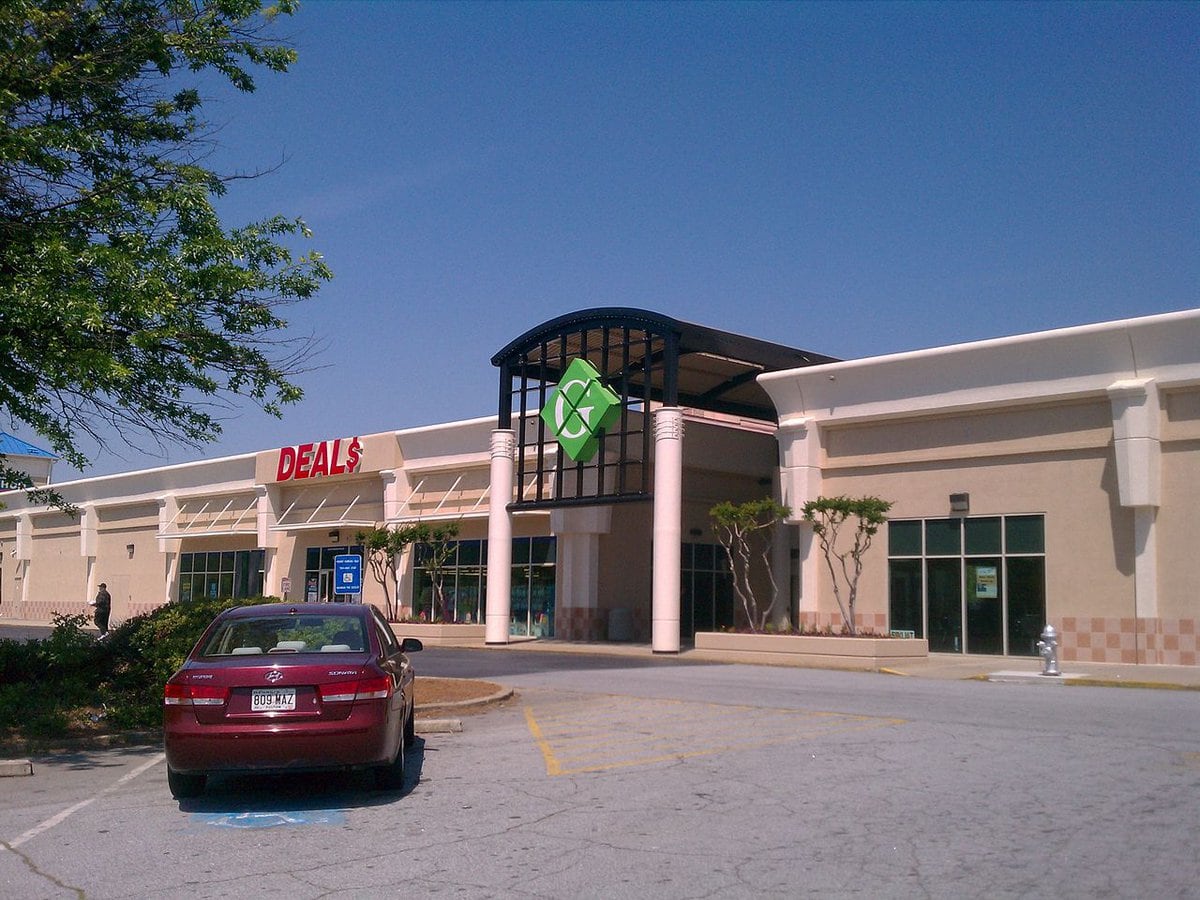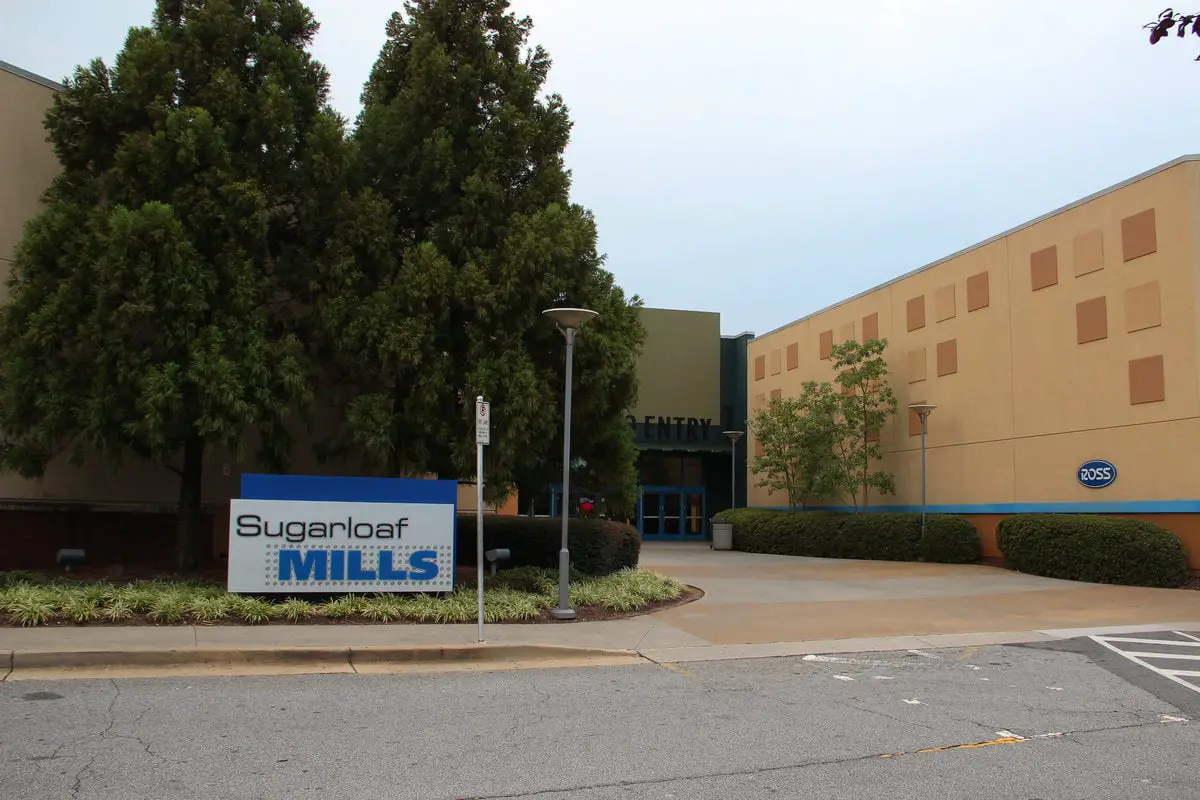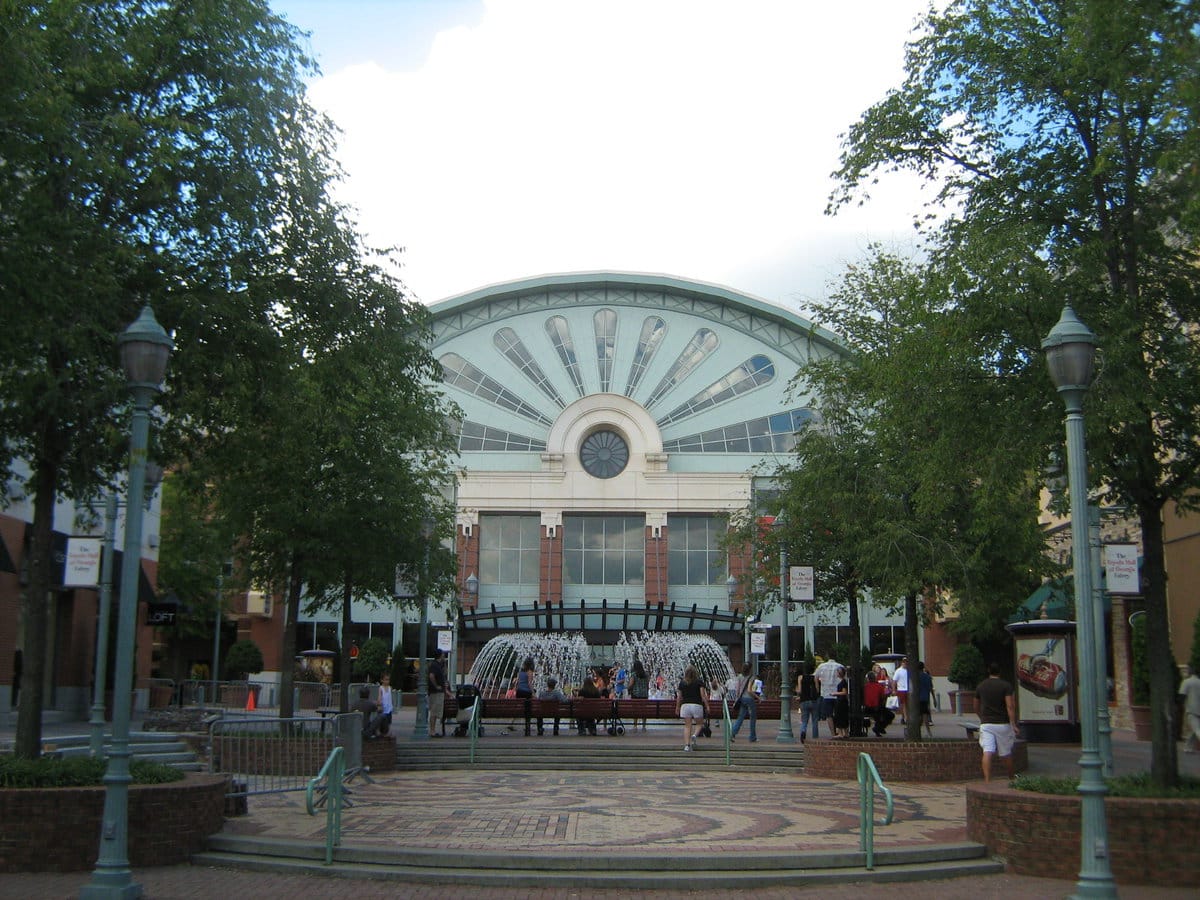Inception and Development
Regency Mall, located at 1700 Gordon Highway in Augusta, Georgia, opened its doors on July 27, 1978.
Edward J. DeBartolo developed the mall as part of the larger “Regency Square” project, which included condominiums, a shopping plaza, and a hotel. This project aimed to create a comprehensive commercial and residential hub in Augusta.
At its peak, the mall featured 139 stores. Major anchors included J.B. White (which later became Dillard’s), Belk, Montgomery Ward, and Cullum’s.
These stores and a three-screen General Cinema theatre positioned Regency Mall as a major retail destination in the region. The mall’s development boosted local real estate values and offered various things to do in Augusta, Georgia.
Regency Mall boasted a unique Y-shaped layout, with terraced landscapes allowing ground-level entrances to upper and lower levels.
The interior design featured an alabaster motif with brown accents and brown-speckled terrazzo tile floors. Live trees planted along the lower-level concourses added to the mall’s aesthetic appeal.
The grand opening of Regency Mall saw 70 of its 139 planned stores ready for business. Many smaller stores opened in the subsequent weeks, while Belk’s completed its store in 1979.
The mall quickly became a focal point for shopping and entertainment in Augusta, contributing to the area’s commercial growth and attracting local and out-of-town shoppers.
Initial Success and Competition
Regency Mall started strong when it opened in July 1978. It quickly attracted many shoppers, eager to explore the 70 stores ready for business.
The anchor stores—J.B. White, Belk, Montgomery Ward, and Cullum’s—drew in large crowds. People enjoyed the new shopping experience, and the mall became popular.
However, Augusta Mall opened just a week later, on August 3, 1978. Developed by the Rouse Company, Augusta Mall introduced additional competition.
It offered around 100 stores and two anchors, Rich’s and Davison’s. Both malls operated successfully through the late 1970s and 1980s, drawing large retailers away from downtown Augusta.
USA Quiz
How many questions would you like?
In those early years, Regency Mall and Augusta Mall coexisted and thrived. Regency Mall, being more modern, had a slight edge.
Its three-screen General Cinema theatre and unique layout with live trees set it apart. Yet, Augusta Mall’s proximity to major highways like the Bobby Jones Expressway (I-520) gave it an advantage in accessibility.
Despite the competition, both malls drew customers from various parts of the city. Shoppers from the central and western areas tended to prefer Augusta Mall, while those from the southern, eastern, and northern areas, along with service personnel from Fort Gordon, frequented Regency Mall.
This period marked a boom in retail development in Augusta, with both malls benefiting from the growing consumer base.
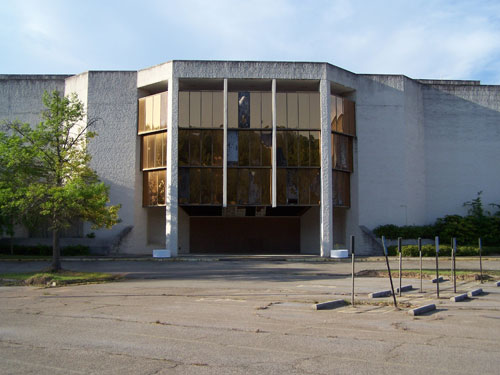
Decline in the 1990s
By the early 1990s, Regency Mall faced challenges that began to affect its success. Its location, away from major expressways and in a deteriorating area, started to pose problems.
Shoppers found it less convenient than Augusta Mall, easily accessible via the Bobby Jones Expressway.
Security became a major concern. Incidents like the 1986 abduction and murder of a young girl in the parking lot damaged the mall’s reputation.
A few years later, another violent crime occurred when a woman was attacked in her car. These events led many to perceive Regency Mall as unsafe, discouraging visits.
In 1990, Augusta Mall completed a $32 million renovation and expansion, adding a new Sears store and updating its interiors.
This renovation made Augusta Mall more appealing, while Regency Mall remained unchanged and began to look outdated.
The updated Augusta Mall drew more shoppers and retailers, causing Regency Mall to struggle.
By 1993, the decline became more apparent. In April, Upton’s, one of the anchor stores, closed its doors. Other stores followed suit, leaving many vacant spaces.
DeBartolo Family Associates, the original developers, transferred ownership to Equitable Real Estate in 1995. Equitable sold the mall in 1997 to developers Haywood Whichard and Paul Woo for less than $4.15 million.
Despite efforts to attract new businesses with low lease rates, the mall couldn’t recover. It steadily lost tenants and customers, leading to a downward spiral that marked the beginning of the end for Regency Mall.
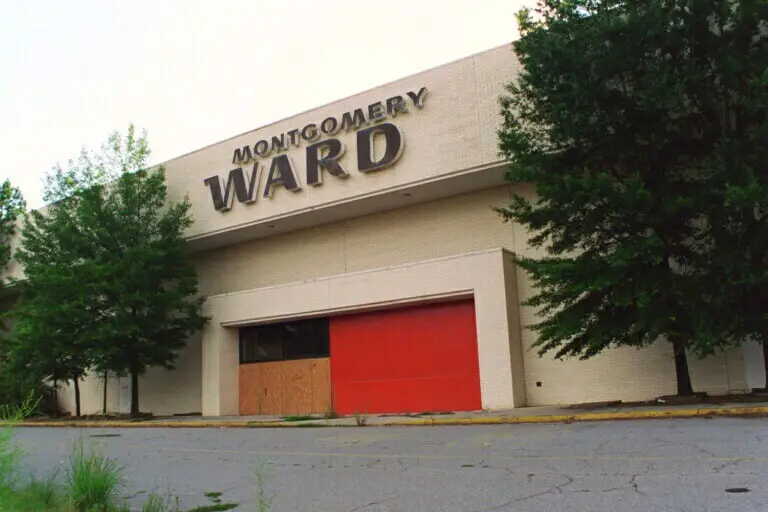
Struggles with Tenancy and Ownership
The new owners hoped to revive the mall by lowering lease rates. They set rates as low as $3.50 per square foot, compared to the $9-$18 per square foot charged elsewhere.
Despite these efforts, only a few small businesses moved in, and many larger, franchised stores continued to leave.
In 1996, Belk closed its Outlet Center at Regency Mall and General Cinema, followed by closing its three-screen theatre. By 1998, J.B. White also closed, relocating to Augusta Mall.
Montgomery Ward, the last remaining anchor, boarded up its mall entrances to save on heating and cooling costs.
The escalators were shut off to cut expenses, and the mall’s operating hours were reduced. These measures highlighted the severe financial struggles Regency Mall faced as it steadily lost tenants and revenue.
Closure and Attempts at Revitalization
The closure of Montgomery Ward in June 2001 dealt Regency Mall the final blow. Only five stores, including Foot Locker and International Formal Wear, remain.
As these stores closed one by one, the mall’s concourse occasionally hosted events like church services and dance classes, but it officially closed its doors in March 2002.
Following the closure, various attempts to revitalize the mall emerged. In 2002, Whichard sold his stake in the mall to Cardinal Entities of Mattituck, New York, for $3.5 million.
Ownership of the Montgomery Ward building changed hands to Charleston-based Commercial Property Holdings.
Cardinal had plans to revitalize the mall by leasing it to Augusta-Richmond County for office space and attracting new tenants. However, these plans did not materialize.
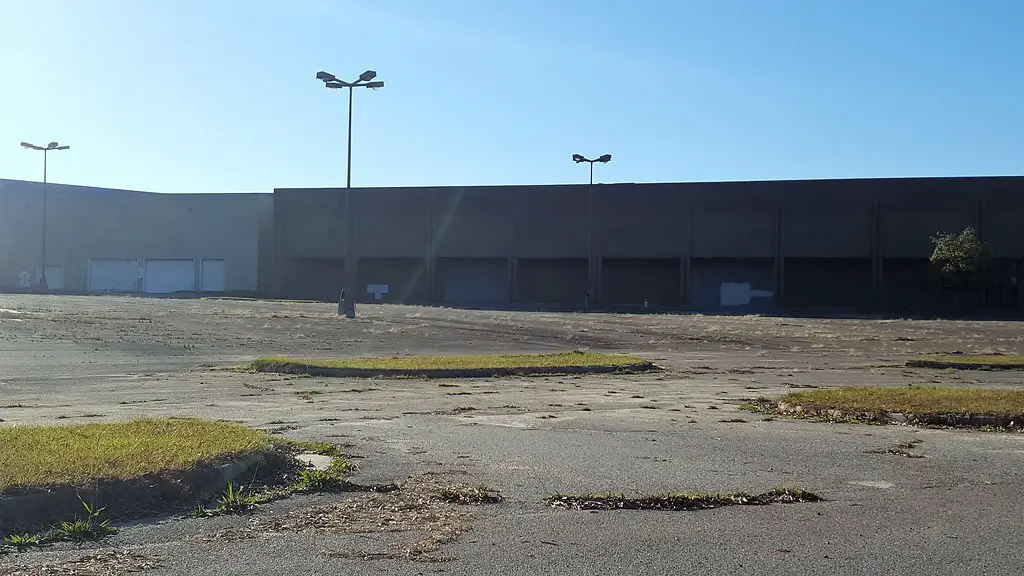
Several proposals to repurpose the mall surfaced. In 2003, one idea suggested converting it into an outlet mall.
Another proposal in 2004 considered using the site for city and county government offices, but the plan was criticized and not followed.
The idea of building a civic arena on the property also came up, but Augusta-Richmond County voters rejected the funding for this project.
In the years following the closure, the mall’s condition deteriorated further. The property suffered from vandalism and exterior wear, though it remained structurally sound.
In 2013, the city ordered the mall’s owners to secure or demolish the facility to comply with fire codes.
Demolition and Current Status
The demolition of Regency Mall began in October 2020, starting with the former Montgomery Ward building. This step marked the beginning of the end for a once-thriving shopping center.
Despite the demolition, the site’s future remains uncertain. Various redevelopment ideas have surfaced, but none have come to fruition.
Cardinal Entities, the mall’s owner, estimates the property’s value at $30 to $40 million, but finding a buyer has proven difficult. The property’s deterioration has been a local concern yet remains structurally sound.
The property was considered for the new James Brown Arena in 2017. However, as of December 2017, negotiations had not resulted in a deal. The unauthorized demolition of the parking lot in early 2018 added to the site’s issues.
Regency Mall: Latest Developments
Plans to redevelop Regency Mall in Augusta, GA, into “Cardinal Town Square” were announced two years ago.
The project promises housing, a grocery store, restaurants, a fitness center, a performing arts center, an academic facility, green spaces, and stores.
However, visible progress has been minimal. Despite this, the Georgia School for Innovation plans to open a charter school in the fall of 2024 within the old Sears call center.
The project leaders claim that residential and commercial developments will follow soon. Residents remain skeptical but hopeful for the area’s revitalization.
Another interesting development involves courting Hollywood actor Malik Yoba. In August 2023, Yoba visited Augusta to meet with officials from the Augusta Economic Development Authority and the Land Bank.
The discussions aimed to explore Yoba’s potential involvement in the mall’s redevelopment plans. This move has generated excitement and speculation about possible new projects.
Overall, the Regency Mall site remains a focal point for redevelopment discussions. While some progress has been made, there is still a long way to go.
The community remains hopeful that these plans will eventually lead to a revitalized and vibrant space in South Augusta.

